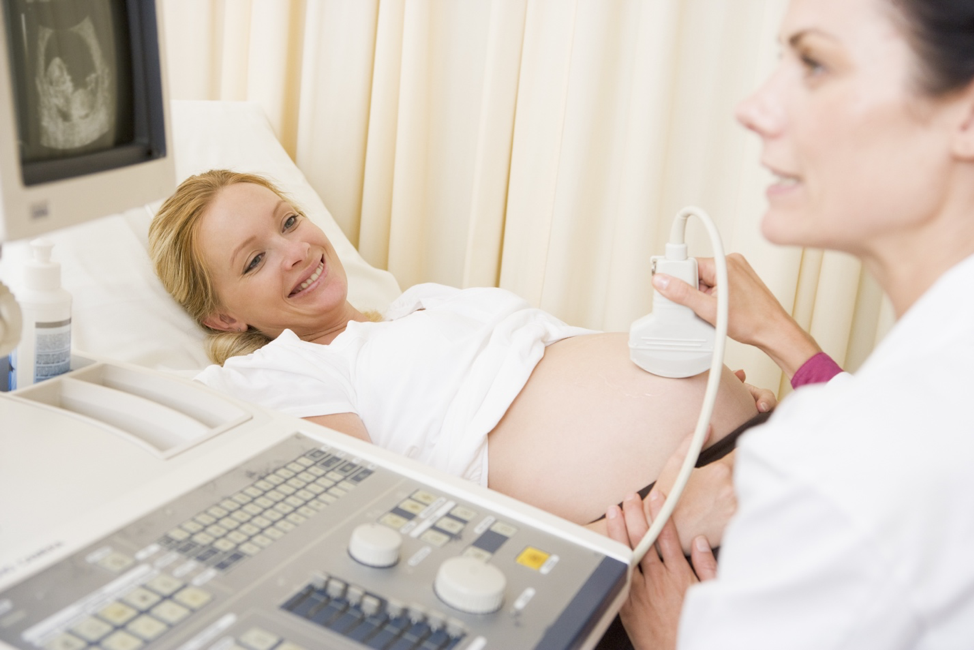
One out of every 33 babies suffers from some type of birth defect — a condition that causes structural changes to the infant’s body. Fortunately, scientists have been busy finding cures, pinpointing causes, and developing cutting-edge diagnostic techniques. From the identification of rare genetic mutations to the creating of living tissue implants, here’s how researchers at Weill Cornell Medicine are helping doctors, mothers, and babies deal with the ramifications of congenital birth defects.
Polydactyly is a congenital disorder that leads to the formation of additional fingers and toes in affected infants. In some cases, it causes brain and craniofacial abnormalities that can have serious repercussions on long-term health and quality of life.
Doctors have long known about the disease. Now they’re fairly sure they know what causes it—a mutation in gene Vps25. Recently, Dr. Licia Selleri and her team of Weill Cornell Medicine researchers were able to isolate the mutated gene and link it to polydactyly.
According to Dr. Selleri, associate professor in Weill Cornell’s Department of Cell and Developmental Biology, the find was unexpected. It’s also crucial for the future development of diagnostic screens and directed therapies.
In other words, the team’s research is helping doctors spot the signs of birth defects during pregnancy and better treat the abnormalities.
A rare birth defect causes some infants to be born without one or both of their outer ears. Called microtia, it occurs in one of out every 10,000 births and requires surgical reconstruction to correct. Up until now, parents had only two options for their children. They could either get a completely artificial implant, or an implant made out of the child’s own rib cartilage.
Soon they may have access to something better. That’s because Dr. Jason Spector, Weill Cornell Medicine professor of surgery, and Dr. Lawrence Bonassar, professor of biomedical engineering, have collaborated on a project that takes a different approach to ear implants.
If successful, they’ll be able to use a 3D printer and a patient's own cells to craft an organic ear that would grow along with the child. That would mean no more replacements and no more surgeries, not to mention a more natural-looking ear implant.

How do you know if your child will suffer from a rare genetic disorder? How are birth defects diagnosed before birth? Those who work at the Ultrasound Services Unit in the Department of Obstetrics and Gynecology at Weill Cornell Medical College know the answer to that question: Ultrasonography.
The ultrasound remains the most reliable test for birth defects during pregnancy. It allows pregnant women and their OB/GYN doctors in New York to check the health of the fetus long before the expected due date. That gives them the opportunity to detect any abnormalities that may cause problems after the birth.
Armed with that knowledge, a mother can start planning early to protect the health of her child. Once they have a diagnosis, her physicians at Weill Cornell Medicine’s women’s health center will help her develop a treatment strategy and get in touch with the right specialists.
Groundbreaking new research is making it easier for expectant mothers to identify potential birth defects early in their pregnancy, and that has implications for the long-term health of their babies.Becoming a new parent is hard enough. Dealing with birth defects can be even more challenging, but new discoveries are easing the burden and making effective treatment more accessible.
The esteemed physicians at Weill Cornell Medicine provide world-class clinical care and are engaged in cutting-edge research that connects patients to the latest prevention strategies and innovative treatments. Our doctors are leaders in a diverse range of specialties, including in-vitro fertilization, neurology, pediatric surgery, and urology, to name just a few.
To schedule an appointment (new patients) with a provider, please call 1-855-926-9268, or use our provider search tool. Existing patients: Schedule an appointment, contact your physician or access your medical records using our patient portal. Please visit our contact us page for additional options.